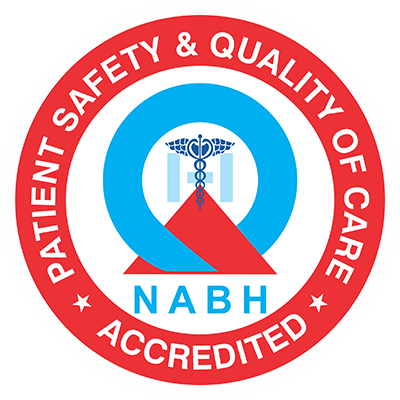
Today, more and more women are opting to have children in their late 30s or early 40s, and with good reason. Whether it’s about personal readiness, professional goals, or life circumstances, motherhood after 35 has become an empowering choice. But it also brings with it a set of concerns that many women aren’t fully prepared for.
Pregnancy after 35 is medically classified under ’advanced maternal age.’ The term may sound daunting, but it doesn’t mean danger; it simply means being more vigilant. Age can slightly raise the chances of complications like gestational diabetes, high blood pressure, and chromosomal conditions such as Down syndrome. However, with the right care, most women go on to have perfectly healthy pregnancies and babies.
What to Expect, and Manage
As the body ages, there’s a natural decline in egg quality and hormonal fluctuations that can make conception a little slower. Once pregnant, there’s also a greater risk of issues like:
- Gestational diabetes: Can be managed well with diet, exercise, and glucose monitoring
- Preeclampsia: Regular blood pressure checks and monitoring of protein levels in urine can help detect it early
- Preterm birth or low birth weight: Close foetal growth monitoring through ultrasounds helps mitigate this risk
But physical health isn’t the only piece of the puzzle. Mental health during pregnancy after 35 often gets overlooked. Older mothers sometimes carry the weight of ‘doing it right,’ juggling careers, families, and often higher expectations of themselves. This pressure can lead to heightened anxiety, sleep disturbances, or even prenatal depression.
Kavita’s Journey
When 38-year-old Kavita discovered she was pregnant with her first child, she felt a mix of joy and apprehension. A finance professional used to controlling and planning, she quickly realised that pregnancy was a different kind of journey; one that required letting go. “I started reading every possible article on pregnancy after 35,” she laughs, “but it only made me more anxious.”
At 24 weeks, she was diagnosed with gestational diabetes. It was a blow—but it became a turning point. With dietary changes, mild daily walks, and support from her doctors, she managed to keep her sugar levels in check. But what helped most, she says, was speaking to a perinatal counsellor. “I didn’t realise how much stress I was carrying, until I had someone help me unpack it.” She delivered a healthy baby girl at 38 weeks and says that the combination of medical and emotional support made all the difference.
Tips for a Smooth Pregnancy
- Start with a preconception check-up: This helps assess your baseline health and manage conditions like thyroid or blood pressure early
- Prioritize mental well-being: Talk to a counselor or join a prenatal support group; even a 10-minute mindfulness practice daily can make a visible difference
- Stay active and eat smart: A balanced diet and moderate exercise can reduce your risk of complications like diabetes and hypertension
- Don’t skip screenings: Tests like NIPT (non-invasive prenatal testing) offer valuable information and peace of mind
- Seek out a trusted care team: Choose a hospital that offers multi-disciplinary support including foetal medicine, endocrinology, and mental health care
Choosing motherhood after 35 does call for a more attentive, informed approach. At BBR Hospitals in Hyderabad, this understanding forms the heart of the maternity care philosophy. With advanced diagnostics and personalised monitoring to in-house specialists for high-risk pregnancies – obgyn, diet & nutrition, diabetes, and mental wellness, BBR ensures every woman feels cared for – both medically and emotionally.
Pregnancy at any age is a profound transition. With awareness, preparation, and compassionate care, being 35 or older is just another detail…not a limitation. What matters most is that you walk this journey feeling supported, seen, and strong.


